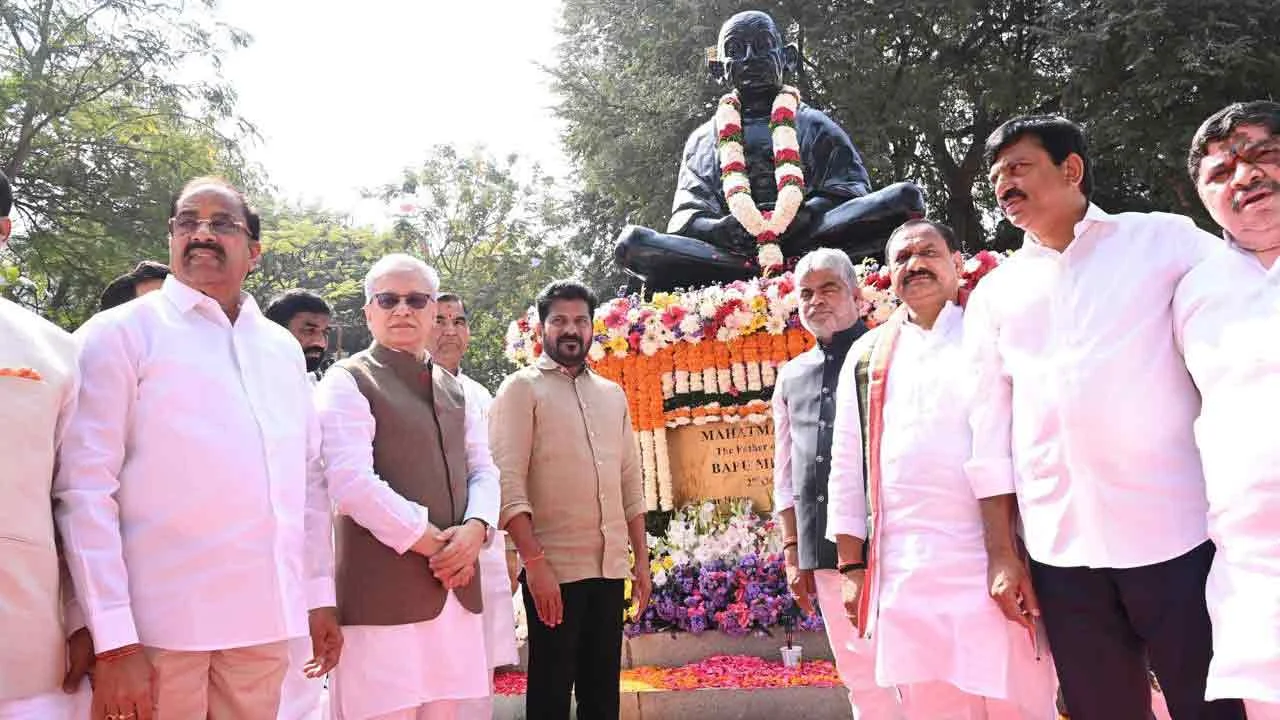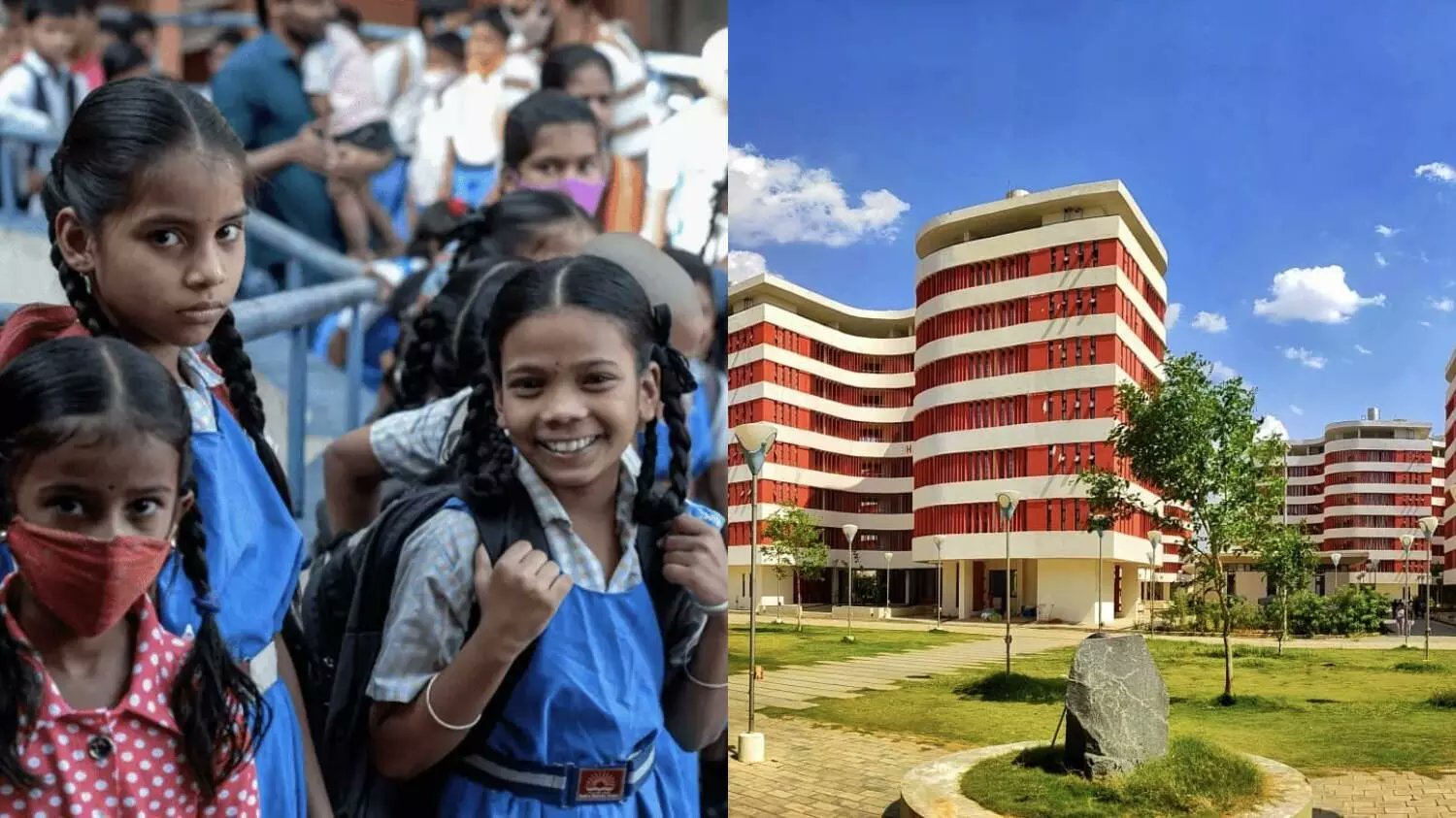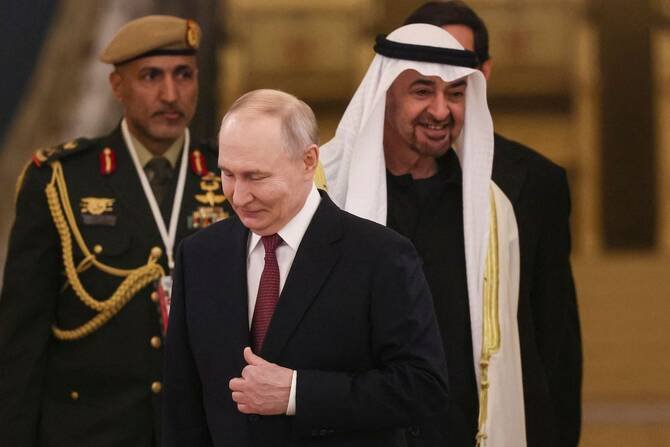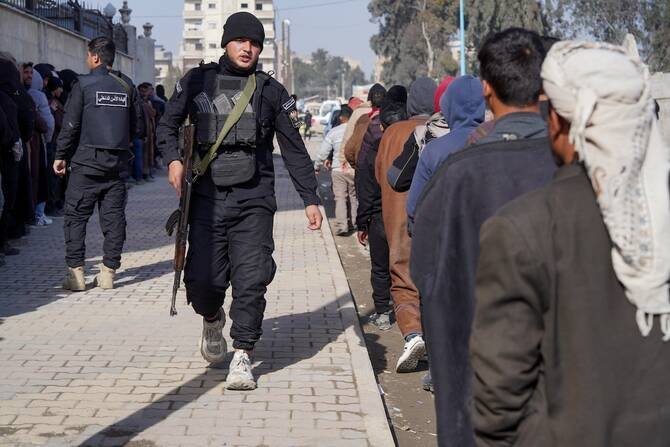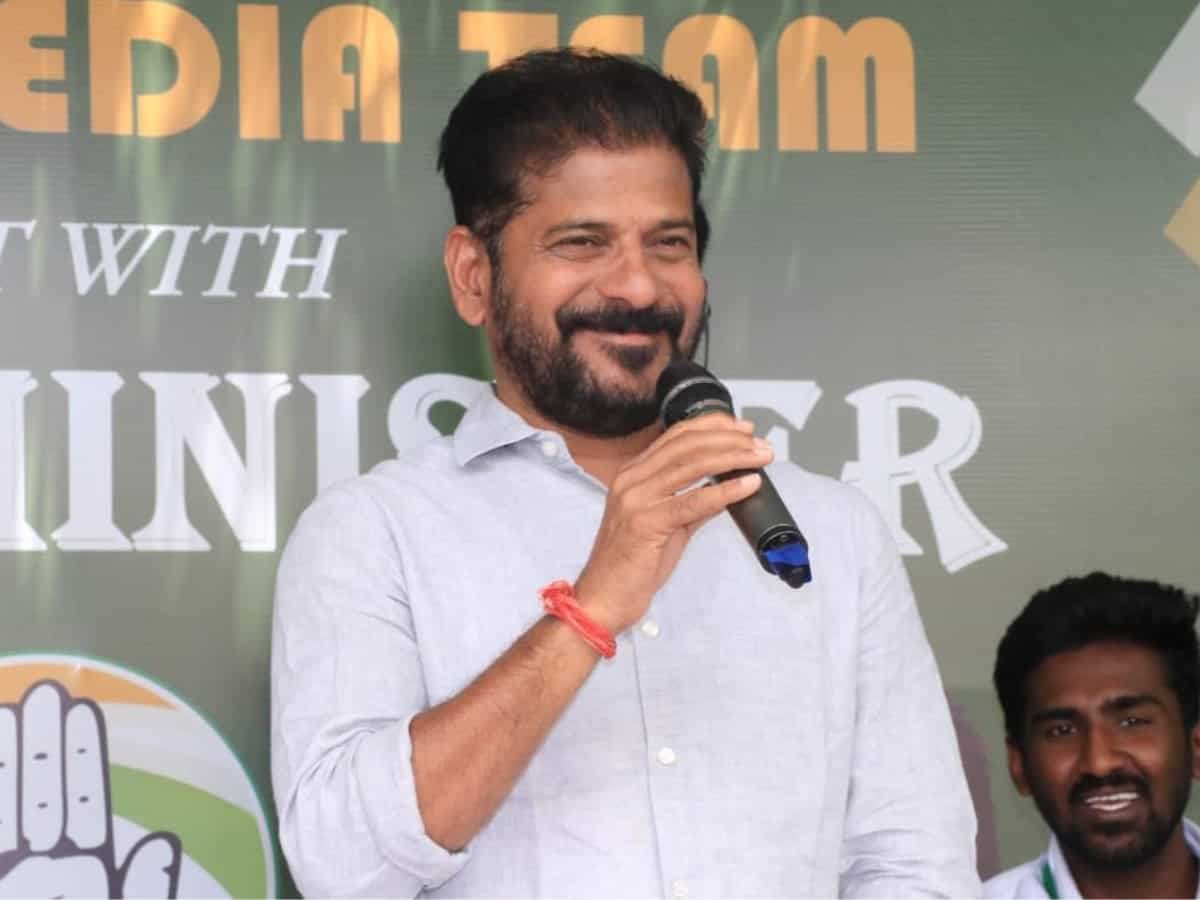
Hyderabad,: 11th May 2024 : In a statement that has sparked controversy, Telangana opposition leader Revanth Reddy has accused Prime Minister Narendra Modi of attempting to leverage the Pulwama incident for political advantage. Revanth’s remarks have ignited a debate over the politicization of national tragedies and the responsibilities of political leaders in times of crisis.
The Pulwama incident, a tragic suicide bombing in 2019 that resulted in the loss of 40 Indian paramilitary personnel, shook the nation and led to widespread condemnation of terrorism. However, Revanth’s assertion suggests a different perspective on how the incident was handled politically.
According to Revanth, Modi’s response to the Pulwama attack was driven not only by a commitment to national security but also by a desire to capitalize on the tragedy for electoral gain. This allegation raises questions about the intersection of governance, security, and electoral politics in India.
Revanth’s accusation against Modi reflects the ongoing political tensions and ideological differences between the ruling Bharatiya Janata Party (BJP) and its opponents. It underscores the deep-seated divisions within Indian politics and the narratives that shape public discourse.
The timing of Revanth’s statement, coming amid heightened political activity in Telangana and the broader national context, adds another layer of significance to the controversy. As political parties gear up for elections and engage in intense campaigning, issues of national security and terrorism often become focal points of debate.
Modi’s handling of the Pulwama incident has been a subject of both praise and criticism, with supporters applauding his firm response and critics raising concerns about potential politicization. Revanth’s accusation adds to the ongoing discourse surrounding the incident and invites scrutiny of the government’s actions in the aftermath of the attack.
As the debate unfolds, it is essential for political leaders and commentators to approach the issue with sensitivity and responsibility. The Pulwama attack remains a solemn reminder of the sacrifices made by Indian security personnel, and any discussion surrounding it should be conducted with the utmost respect for their memory.
Ultimately, Revanth’s accusation against Modi underscores the complex dynamics of Indian politics and the challenges of navigating sensitive issues such as national security in a deeply polarized environment. It prompts reflection on the ethical considerations and moral responsibilities that accompany political leadership, particularly in times of tragedy and crisis.



